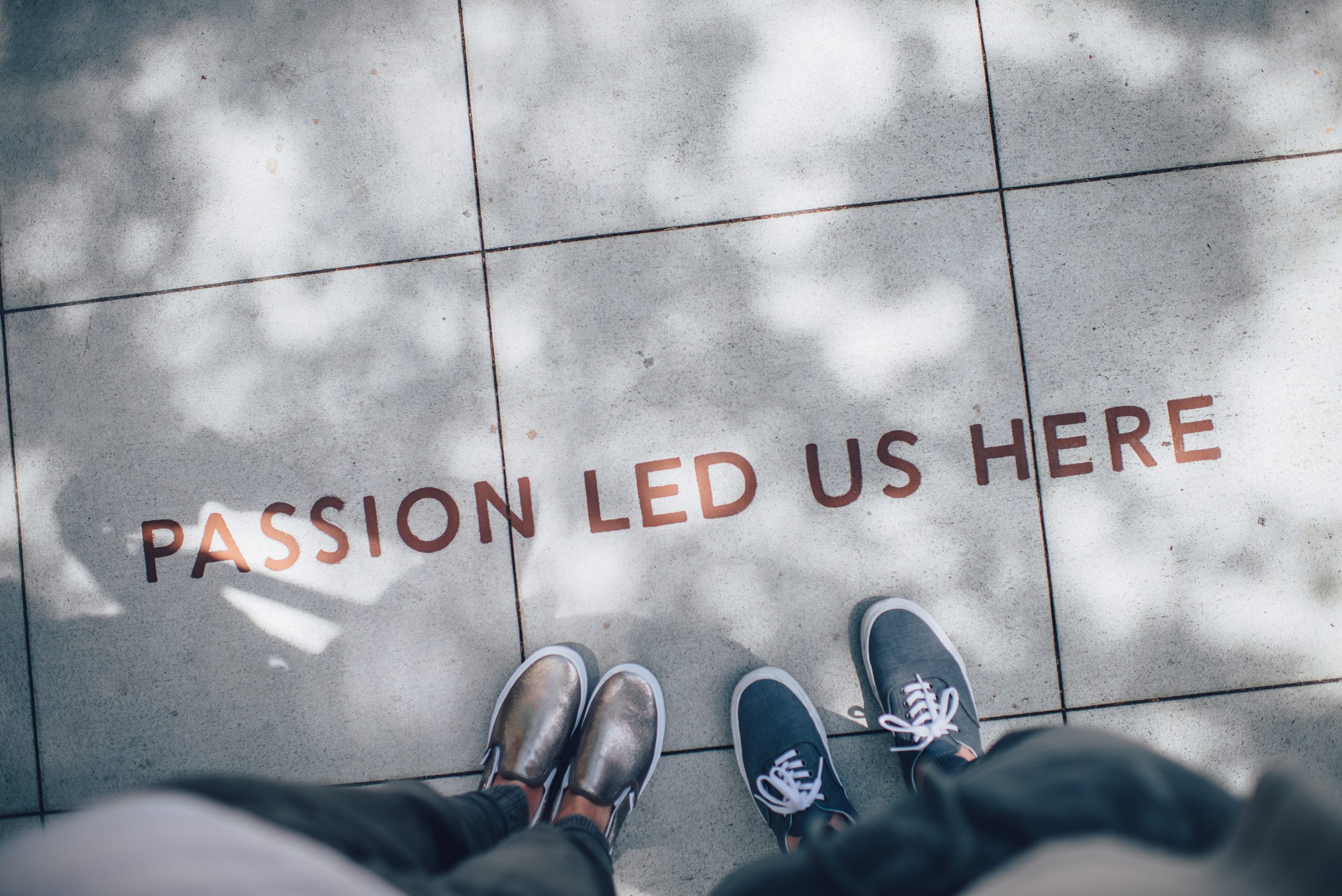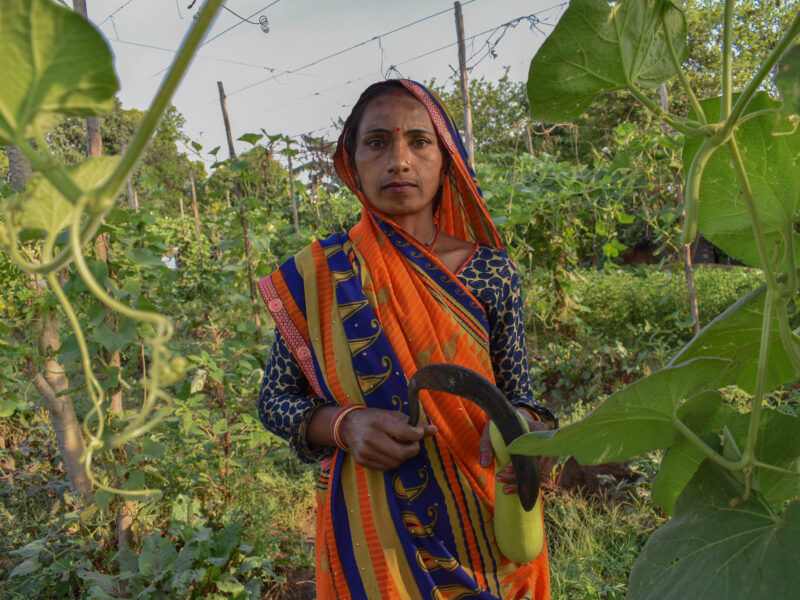With leading publications having phased out their public editors, external watchdogs have stepped in, holding the media to account in an age of declining public trust.
The Columbia Journalism Review (CJR) has decided to fill the vacuum left by the near disappearance of public editors from major newspapers by appointing a few of its own: Gabriel Snyder will take on The New York Times; Ana Marie Cox will monitor The Washington Post; Maria Bustillos will keep an eye on MSNBC; and Emily Tamkin will oversee CNN. Whether or not the news organizations will engage with these outsiders much (if at all) remains to be seen, but the Columbia Journalism Review is counting on having enough organizational clout so their efforts are not in vain.
Emily Tamkin has already been on CJR’s podcast to take CNN to task for filling the airwaves with “underqualified pundits.” An article in the Washingtonian provides more information on CJR’s project, reporting that staffers for various media platforms have already been in touch with editor Kyle Pope to suggest issues for the attention of the public editors.
Something those public editors should consider: Joshua Benton reports for Nieman Lab on the “new avoidance” phenomenon, which is unfortunately becoming more common globally, and especially in the United States. The report is dismaying, but also illuminating. Some of the comments from readers explaining why they sometimes or always avoid the news demonstrate real demand and hunger for more positive coverage of things that are working—problems that are being solved—which is part of our goal here at The Conversationalist.
In other news:
New York Governor Andrew Cuomo has signed a new law that permits undocumented immigrants to apply for driver’s licenses. Read more.
An argument for targeting the world’s 2.4 billion gamers with messaging about environmental issues and sustainability. Learn more.
How is participatory budgeting enlivening democracy in New York? Read the op-ed.



